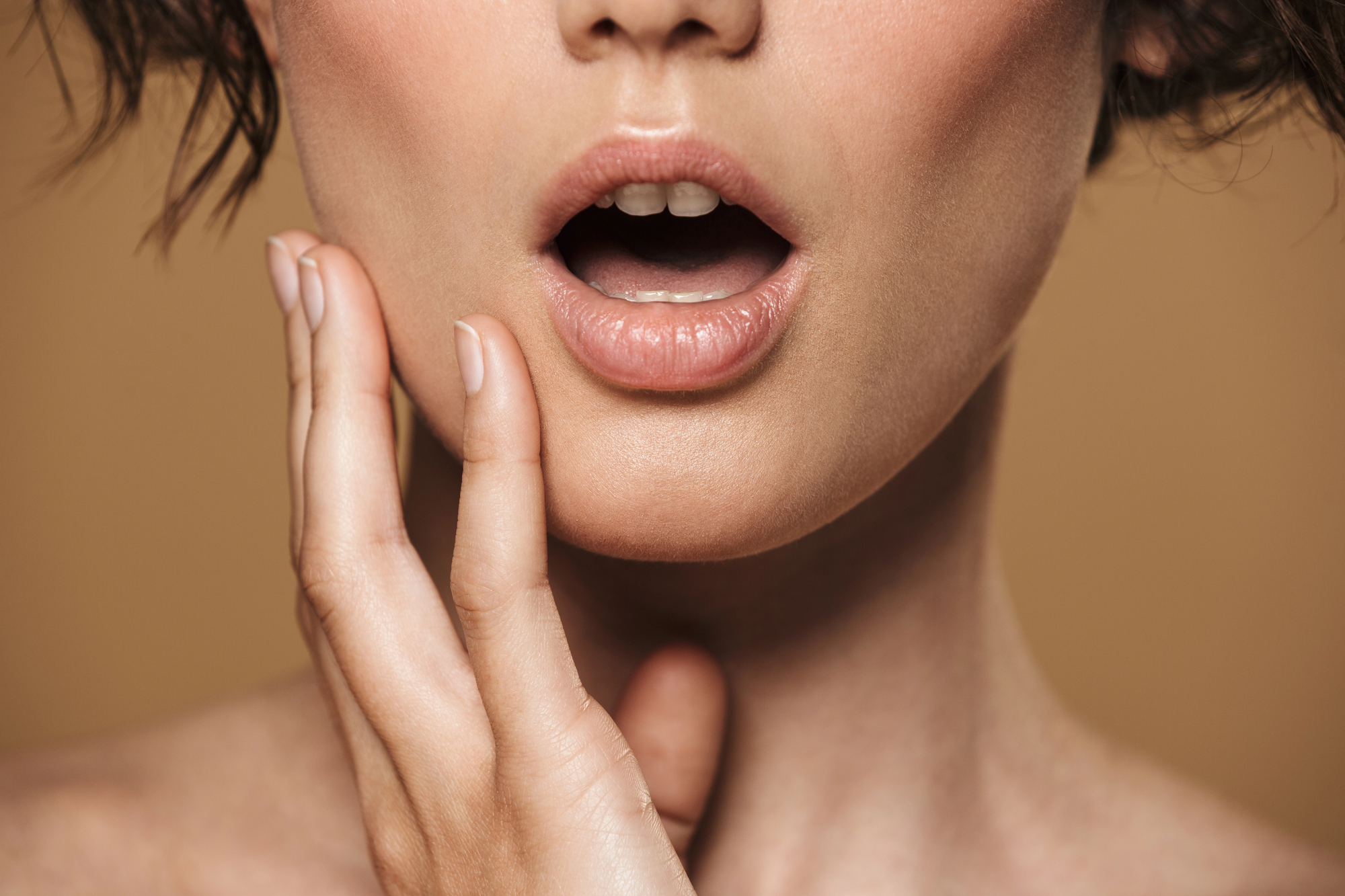Is it Safe to Keep Your Wisdom Teeth?
When we talk about wisdom teeth, sometimes the first thought is extraction. And, while the fact is that removal of wisdom teeth is common, it isn’t necessarily inevitable. Let’s talk...

Bad breath is a common problem that no one wants to deal with, yet many do. Whether it’s temporarily caused by something you ate or a persistent challenge that affects your daily life, bad breath is something everyone experiences at some point. But what really causes it?
The medical name for bad breath is “halitosis.” While all of us will have transient bad breath when we eat certain foods (think garlic or onions), some people can struggle with bad breath more often. In this case, bad breath may be primarily caused by bacteria in the mouth. When leftover food particles linger between teeth, on your tongue, or along the gum line, bacteria break them down. This process releases compounds such as sulfur, which can create an unpleasant result.
But not all causes of bad breath are related to food—there are many factors at play, including our diet, oral hygiene, and some medical conditions.
If you suffer from bad breath, it can affect your daily life in negative ways, and no one wants that. The first step in addressing halitosis? Figuring out its cause. Here are some common issues that can contribute.
As we mentioned, strong-smelling are well-known culprits for temporary bad breath. Brushing your teeth, chewing sugar-free gum, or rinsing your mouth can help, especially if the cause is coffee, tea, peanut butter, or similar foods.
However, sometimes foods like garlic, onions, and certain spices can be absorbed into the bloodstream and exhaled through the lungs. Even brushing your teeth may not completely mask the smell. If you suspect this issue, limiting such foods and drinking plenty of water may help.
Failing to brush and floss effectively leaves food particles in your mouth, creating a breeding ground for bacteria. Brush your teeth twice a day for at least two minutes and floss daily to remove food particles and plaque. Don’t forget to clean your tongue—many bacteria that cause bad breath linger there. Regular dental cleanings are also necessary to thoroughly clean between teeth and around the gumline.
Saliva acts as a natural cleanser for your mouth, washing away food particles and bacteria. Feelings of dry mouth can mean decreased saliva production, which in turn can promote bacterial growth. Dry mouth can occur naturally or as a side effect of certain medications.
Drinking plenty of water helps prevent dry mouth and flushes away bacteria. Chewing sugar-free gum can also stimulate saliva production.
Tobacco products not only leave a strong, unpleasant smell but also dry out your mouth and increase your risk of gum disease, another contributor to bad breath. Vaping isn’t much better. It can also cause dry mouth, contains nicotine that can increase plaque, and the flavorings can contribute to bad breath.
Quitting these products not only improves your breath but also immediately improves your dental and physical health.
Sometimes, bad breath isn’t just a dental issue. Conditions like sinus infections, acid reflux, diabetes, and liver or kidney problems can also cause bad breath. If your bad breath persists despite good oral hygiene, consult your dentist or doctor. Treating the underlying medical condition is key to managing bad breath.
Common dental problems like cavities, gum disease (periodontitis), and oral infections can also cause bad breath. These issues often need professional treatment to resolve. Regular dental checkups and early treatment can stop bad breath (and other negative consequences) in its tracks.
If bad breath persists even when your oral hygiene is on point, it’s time to see your dentist. Chronic halitosis often means deeper dental or medical issues that need professional attention. Contact us now to get to the root cause of your bad breath.